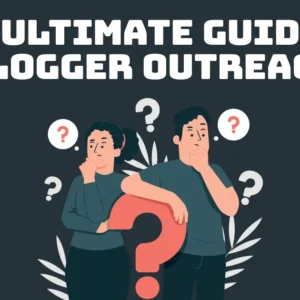Kids have a natural interest in politics, even at the preschool level. They’re also quick to pick up on the social issues affecting others, like the man on the street asking for money or their school deciding where to go on a field trip.
Explaining these larger political ideas may seem daunting, but you can do it if you take it slowly and start small.
Explain the basics.
Ideally, kids should start to learn about politics and government before they reach elementary school. This allows them to develop a sense of civic responsibility and understanding of how people in groups make decisions at the local, state and national levels.
At this age, children develop a sense of “us and them” and rudimentary ideas about fairness, explains Greenlee. Then, as they get older, they can understand more concrete political details and begin to form their own opinions.
Teach them that politicians are people like themselves with virtues and flaws, and that it’s important to listen to a variety of viewpoints, even those you don’t agree with. Encourage them to watch a news program that features different viewpoints or read books on American politics with diverse points of view.
Show them how to stay current.
It’s important to show your children how to stay current on political issues. Talk to them about the big issues of the day — even if you don’t agree with them — and encourage them to do the same.
Teach them to seek out multiple sources of information, so they aren’t influenced by media biases or partisanship. Help them understand that a nonjudgmental, respectful discussion of political and civic ideas is healthy for the whole family.
As kids get older, they can learn about the ins and outs of government — including what political parties stand for and how elections are won. There are books on political topics for all ages, as well as news articles and websites geared toward kids. It’s also a good idea to read and discuss political ads with kids, explaining how visuals and music are used to influence their emotions.
Lend support to efforts at activism.
Young children have a natural interest in social issues, and that can open the door to discussions of politics. You can encourage their political awareness by taking them to polling stations on election day to familiarize them with the process.
Often, young people want to take their curiosity about current events and concern about the state of the world to the next level by getting involved in activism. This is a good thing. The idea that a single person can have an impact on society is heady stuff for kids, and can lead to dreams of a better future.
Help them understand that politicians are just people, and they all have virtues and shortcomings. Let them know that voting is a privilege and that people fought for it.
Make politics fun.
It’s fine to let kids have their own opinions on the big political issues, and it’s even better to encourage them to share them with you. Discussing politics in a nonjudgmental way, Dr Myers-Walls notes, can help them learn to think about how their opinions affect others and how to defend them respectfully.
Decode election ads with your kids, and explain how they use music and visuals to try to convince voters. Be sure to point out that mudslinging, name-calling and bullying aren’t OK in any forum — including home, school or on the campaign trail.
Talk about voting with your kids and take them to the polls. There are many books that teach children about voting, as well as online resources that offer a good introduction to civics.
Make it real.
While you might think your child wouldn’t care to hear about party platforms and the intricacies of government, this kind of information can stir their imagination. They might start to see how a single person can have an impact on society, which is heady stuff.
And it’s a good idea to expose kids to this concept early, because children have an unquenchable interest in social issues. It’s how they learn about the world around them. For example, the pothole on your street might affect them, but it could also help fund something they value. Or, they may notice a homeless man begging for donations. This could prompt a discussion of class consciousness and the ways governments try to address societal issues.


